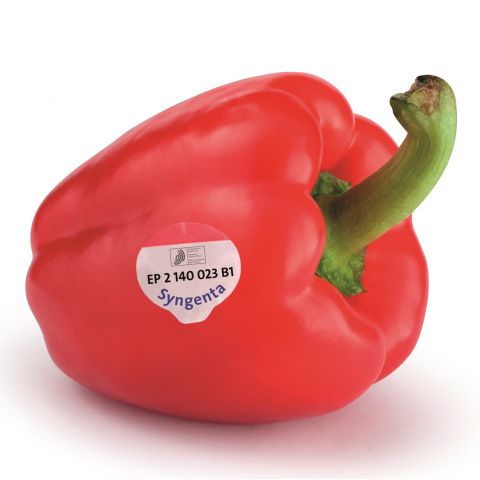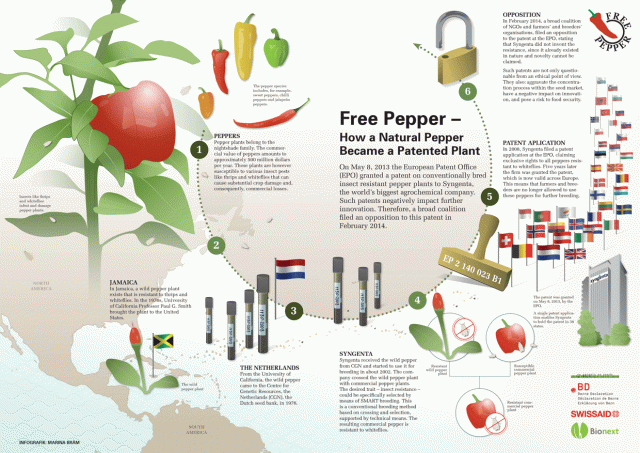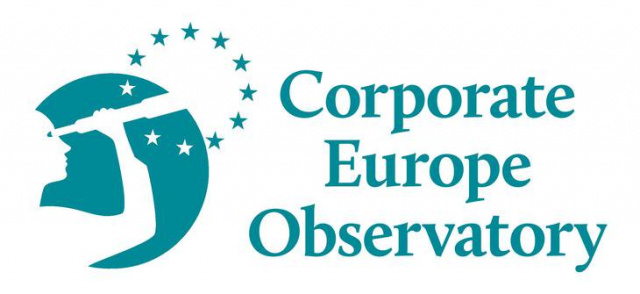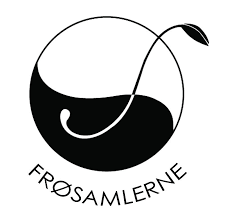 In May 2013, the European Patent Office (EPO) granted a patent to Syngenta claiming insect-resistant pepper and chilli plants derived from conventional breeding (EP2140023). The patent covers the plants, fruits and seeds and even claims the growing and harvesting of the plants as an invention. The pepper plants were produced by crossing a wild pepper plant (with the insect resistance) from Jamaica with commercially produced pepper plants. Marker genes that go along with the desired insect resistance were identified. Although this kind of insect resistance already existed in nature, Syngenta was nevertheless able to claim the insect- resistant pepper plants, their seeds, and their fruits as an invention. The patent covers all steps of breeding and use of the plants, including selection, growing of the plants and harvesting the seeds and all relevant plant varieties. The patent granted to Syngenta was opposed with the support of NO PATENTS ON SEEDS! in February 2014 by a coalition of 34 NGOs, including farmers’ organisations and breeders from 28 countries. In January 2018, the EPO asked the parties to comment on the changes in the Implementing Regulations (European Patent Convention) as of June 2017 in regards to the pepper patent. At a public hearing on 16 February 2023, the patent has been maintained by the EPO.
In May 2013, the European Patent Office (EPO) granted a patent to Syngenta claiming insect-resistant pepper and chilli plants derived from conventional breeding (EP2140023). The patent covers the plants, fruits and seeds and even claims the growing and harvesting of the plants as an invention. The pepper plants were produced by crossing a wild pepper plant (with the insect resistance) from Jamaica with commercially produced pepper plants. Marker genes that go along with the desired insect resistance were identified. Although this kind of insect resistance already existed in nature, Syngenta was nevertheless able to claim the insect- resistant pepper plants, their seeds, and their fruits as an invention. The patent covers all steps of breeding and use of the plants, including selection, growing of the plants and harvesting the seeds and all relevant plant varieties. The patent granted to Syngenta was opposed with the support of NO PATENTS ON SEEDS! in February 2014 by a coalition of 34 NGOs, including farmers’ organisations and breeders from 28 countries. In January 2018, the EPO asked the parties to comment on the changes in the Implementing Regulations (European Patent Convention) as of June 2017 in regards to the pepper patent. At a public hearing on 16 February 2023, the patent has been maintained by the EPO.
Photos from the demonstration (February 2014)
Media reports
10.07.2023 - BioEcoActual (EN): Run on patents continues
10.07.2023 - BioEcoActual (ES): Continúa la carrera para las patentes
10.07.2023 - BioEcoActual (CAT): Continua la carrera per a les patents
21.02.2023 - BioEcoActual (ES): No se revoca la patente sobre pimientos dulces y picantes
17.02.2023 - Heidi.news: Les poivrons de la colère: Syngenta gagne le droit de breveter la nature
17.02.22023 - Le courrier (CH): Ce poivron a bien un propriétaire
Last update: 14 April 2023














